Back 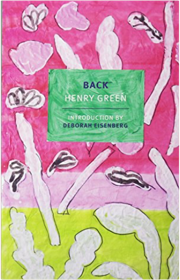 Blindness 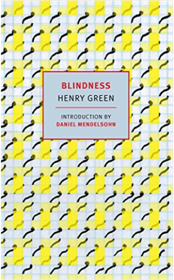 Caught 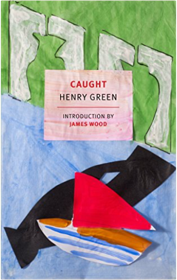 Doting 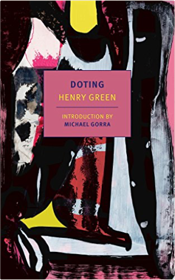 Living 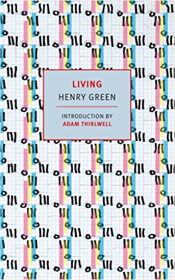 Living is a book about life in a factory town and the operations of a factory, from the workers on the floor to the boss in his office. The town is Birmingham and the factory is an iron foundry, like the one that Henry Green worked in for some time in the 1920s after dropping out of Oxford, and the stories—courtships, layoffs, getting dinner on the table, going to the pub, death—are all the ordinary stuff of life. The style, however, is pure Henry Green, at once starkly constrained and wildly streaked with the expedients and eccentricities of everyday speech—cliché and innuendo, clashing metaphors, slips of tongue—which is to say it is like nothing else. Epic and antic, Living is a book of exact observation and deep tenderness, the work, in Rosamond Lehmann’s words, of an “amorous and austere voluptuary” whose work continues to transform the novel. Loving 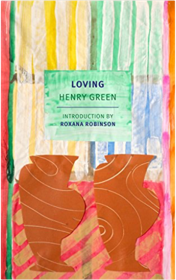 Nothing 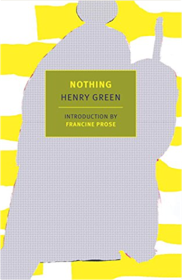 Nothing, like the closely related Doting, is a book that is almost entirely composed in dialogue, since in these late novels nothing so interested Green as how words resist, twist, and expose our intentions; how they fail us, lead us on, make fools of us, and may, in spite of ourselves, even save us, at least for a time. Nothing spills over with the bizarre and delicious comedy and poetry of human incoherence. Party Going 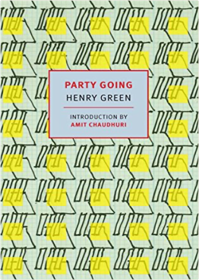 Surviving: Stories, Essays, Interviews 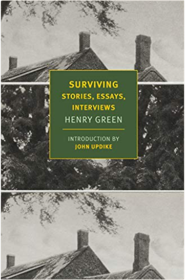 |


Delicious Library
Collection Total:
3,640 Items
3,640 Items
Last Updated:
Nov 2, 2025
Nov 2, 2025
 Made with Delicious Library
Made with Delicious Library